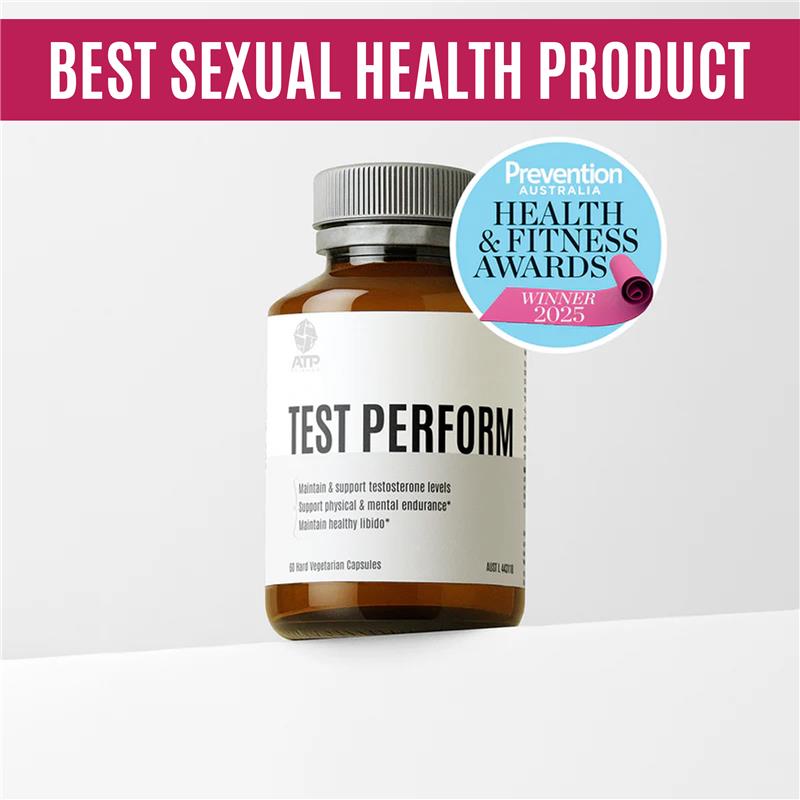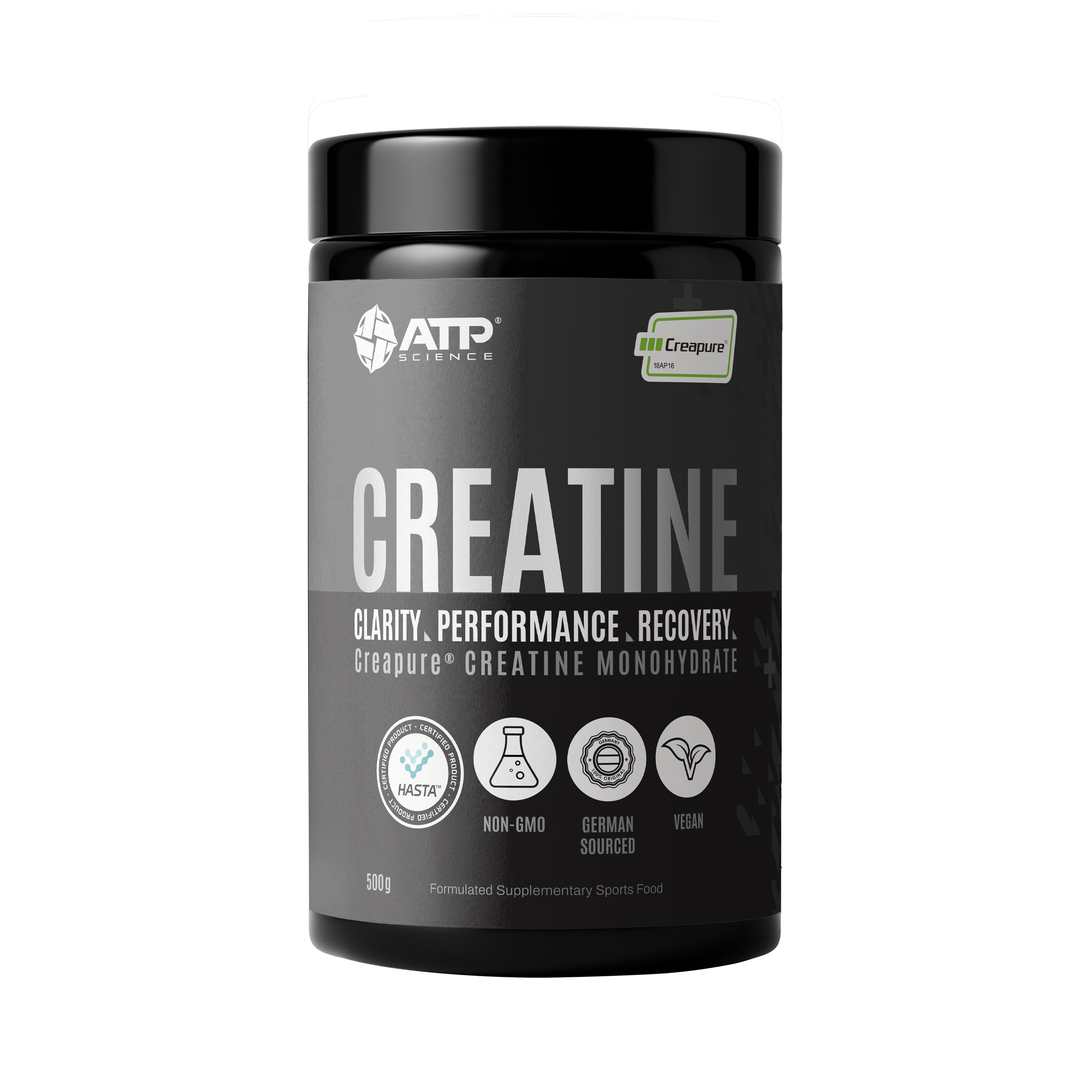Reflux - gastroesophageal reflux disease (GERD) is a widespread gastrointestinal disorder worldwide with an estimated prevalence of 20-30% in Western countries[1]. In the general population, about half of all adults will report reflux symptoms at some time during their life[2]. According to the Montreal definition, GERD occurs when stomach contents rise into the esophagus[3].
What are the symptoms of GERD/Reflux?
The classic pain often referred to as 'heartburn' is the most recognizable symptom of GERD. Interestingly, only a small fraction of reflux patients are symptomatic. Other symptoms are more likely due to reflux into the larynx, resulting in persistent throat clearing and hoarseness. It is common for GERD patients to complain of a feeling of a lump in the back of their throat, referred to as “globus sensation[4]. Also, acid reflux may trigger bronchospasm in the lungs, triggering underlying asthma, thereby leading to a nasty cough, dyspnoea, and wheezing[5].
How do we know if we have GERD?
The symptoms mentioned earlier may be enough to be diagnosed with GERD. However, an endoscope could be ordered to confirm the diagnosis. A typical endoscope would show scarring on the esophagus.
This is a common finding; however; this investigation is important to rule out more sinister pathologies such as Barrett's esophagus, which is a significant risk factor for oesophageal cancer[6].
Why do we get reflux?
There are numerous factors involved in the pathogenesis of GERD. These include (1) motor abnormalities, such as being born with an impaired lower esophageal sphincter (LES) resting tone. Another cause is transient LES relaxations (TLESR). Biochemical causes also include impaired esophageal acid clearance and a delayed gastric emptying. There are anatomical factors, such as hiatal hernia and obesity that also play a role in GERD[7]. A mechanical valve mechanism exists between the esophagus and the stomach, formed by deformities in the LES and adjacent anatomical structures[8].A recent scientific paper investigated the role of diet in the cause of GERD. Interestingly, it was initially hypothesised that eating acid-rich foods would exacerbate GERD. However, some drinks with high acidity did not induce GERD symptoms (such as prune juice). Others with low acidity did (tomato juice), indicating other factors and not acidity may play a role in GERD symptoms. Some studies suggest coffee decreases LES tone after ingestion, which can lead to GERD[9]. But despite this well researched transient effect on LES tone, a recently published meta-analysis showed no discernible association between coffee intake, GERD symptoms, or mucosal disease. This lack of association occurred with high compared to a low intake of coffee[10]. However, it all comes down to the individual. If certain drinks do cause heartburn symptoms, it is likely that these foods likely play a role in your condition.

Alcohol and GERD
Here is yet another reason to give up drinking. Most studies find that drinking alcohol increases GERD. A smaller study investigating healthy individuals showed an increase in reflux episodes after a beer or wine ingestion when compared to water[11]. A recently published meta-analysis of observational studies reported a positive correlation between alcohol use and GERD symptoms to support this finding[12].
High-fat diets and GERD
High-fat diets, such as fried or greasy foods, are thought to worsen GERD symptoms. Fat is calorically dense, and digestion often requires higher secretion of potential oesophageal irritants (i.e., bile salts) and LES tone mediators Cholecystokinin. In one double-blinded randomized controlled study, a low-fat meal (10% of calories) was compared to a high-fat meal (50% of calories) did not affect mean LES pressures, frequency of TLESRs, or a number of reflux episodes[13]. This contrasts with earlier studies that found increased oesophageal acid exposure time and LES function alterations after high-fat ingestion[14]. Several studies have correlated fat intake with GERD symptoms, however, there are confounding factors that include total caloric intake and the BMI of study participants[15]. Probably the largest population cohort study investigating the question of fat intake and GERD, which investigated over 12,000 patients, found no correlation between dietary fat intake and GERD symptoms[16].
Carbohydrate ingestion and GERD
There is a strong correlation between GERD symptoms, reflux, and a high carbohydrate diet that has been explored through several recent studies[17]. Interestingly, carbohydrate type is important in studying the link between GERD and the ingestion of sugars. While simple sugars and complex starches have been linked to increased symptomatology, the opposite (beneficial) effects have been found concerning fiber intake. For example, a survey of 371 employees at a large medical center noted an inverse relationship between heartburn symptoms and fiber ingestion even after correcting for confounding variables[18]. This finding has been replicated in other trials. In one example, 45 GERD sufferers taking a soluble fiber supplement for two weeks noted the same improvement in their heartburn symptoms as a group with a prescription antacid[19]. In another study, 36 patients previously consuming a low fiber diet (<20 g/day) and later given Psyllium three times daily were found to have a reduction in both symptoms and mean reflux episodes by pH impendence testing[20]. The mechanism by which fiber improves heartburn is not known at this stage.
The take-home message on Reflux
One diet doesn't fit all. If you suffer GERD, and you react with coffee ingestion, for example, don't drink it. It seems that reducing carbohydrates and increasing soluble fiber is a good idea and consuming a diet rich in healthy fats has also been found to be helpful. Of course, it will be wise to go to your doctor to ensure your symptoms are not sinister, such as Barrett's esophagus. Also, heartburn has also been confused with cardiovascular disease so that also needs to be investigated. Speak to your naturopath about natural medicines that may benefit your GERD symptoms.
References
[1]Update on the epidemiology of gastro-oesophageal reflux disease: a systematic review. El-Serag HB, Sweet S, Winchester CC, Dent J. Gut. 2014 Jun; 63(6):871-80.
[2]Prevalence and clinical spectrum of gastroesophageal reflux: a population-based study in Olmsted County, Minnesota. Locke GR 3rd, Talley NJ, Fett SL, Zinsmeister AR, Melton LJ 3rd Gastroenterology. 1997 May; 112(5):1448-56.
[3]The Montreal definition and classification of gastroesophageal reflux disease: a global evidence-based consensus. Vakil N, van Zanten SV, Kahrilas P, Dent J, Jones R, Global Consensus Group. Am J Gastroenterol. 2006 Aug; 101(8):1900-20; quiz 1943.
[4]"Globus sensation and increased upper esophageal sphincter pressure with distal esophageal acid perfusion. Tokashiki R, Funato N, Suzuki M Eur Arch Otorhinolaryngol. 2010 May; 267(5):737-41.
[5]Chronic cough due to gastroesophageal reflux. Clinical, diagnostic, and pathogenetic aspects. Irwin RS, French CL, Curley FJ, Zawacki JK, Bennett FM Chest. 1993 Nov; 104(5):1511-7.
[6]Lancet. 2009 Mar 7;373(9666):850-61. doi: 10.1016/S0140-6736(09)60487-6. Barrett's esophagus. Nicholas J Shaheen 1, Joel E Richter
[7]De Giorgi F, Palmiero M, Esposito I, Mosca F, Cuomo R. Pathophysiology of gastro-oesophageal reflux disease. Acta Otorhinolaryngol Ital. 2006;26:241–246.
[8]Nadaleto BF, Herbella FA, Patti MG. Gastroesophageal reflux disease in the obese: Pathophysiology and treatment. Surgery. 2016;159:475–486.
[9]Zhang Y, Chen S. Effect of coffee on gastroesophageal reflux disease. Food Sci Tech Res 2013;19:1-6. 10.3136/fstr.19.1
[10]Association between coffee intake and gastroesophageal reflux disease: a meta-analysis.
[11]Kim J, Oh SW, Myung SK, Kwon H, Lee C, Yun JM, Lee HK, Korean Meta-analysis (KORMA) Study Group.
Dis Esophagus. 2014 May-Jun; 27(4):311-7.
[12]Response of the lower esophageal sphincter to gastric distention by carbonated beverages. Hamoui N, Lord RV, Hagen JA, Theisen J, Demeester TR, Crookes PF. J Gastrointest Surg. 2006 Jun; 10(6):870-7.
[13]Alcohol Consumption and the Risk of Gastroesophageal Reflux Disease: A Systematic Review and Meta-analysis. Pan J, Cen L, Chen W, Yu C, Li Y, Shen Z Alcohol Alcohol. 2019 Jan 1; 54(1):62-69.
[14]Effect of low and high fat meals on lower esophageal sphincter motility and gastroesophageal reflux in healthy subjects. Pehl C, Waizenhoefer A, Wendl B, Schmidt T, Schepp W, Pfeiffer A. Am J Gastroenterol. 1999 May; 94(5):1192-6.
[15]Relationship between postprandial esophageal acid exposure and meal volume and fat content. Iwakiri K, Kobayashi M, Kotoyori M, Yamada H, Sugiura T, Nakagawa Y. Dig Dis Sci. 1996 May; 41(5):926-30.
[16]Dietary intake and the risk of gastro-oesophageal reflux disease: a cross sectional study in volunteers. El-Serag HB, Satia JA, Rabeneck L. Gut. 2005 Jan; 54(1):11-7.
[17]Overweight, but not high dietary fat intake, increases risk of gastroesophageal reflux disease hospitalization: the NHANES I Epidemiologic Followup Study. First National Health and Nutrition Examination Survey. Ruhl CE, Everhart JE. Ann Epidemiol. 1999 Oct; 9(7):424-35.
[18]The effect of dietary carbohydrate on gastroesophageal reflux disease. Wu KL, Kuo CM, Yao CC, Tai WC, Chuah SK, Lim CS, Chiu YC. J Formos Med Assoc. 2018 Nov; 117(11):973-978.
[19]Dietary intake and the risk of gastro-oesophageal reflux disease: a cross-sectional study in volunteers. El-Serag HB, Satia JA, Rabeneck L. Gut. 2005 Jan; 54(1):11-7.
[20]Anti-heartburn effects of a fenugreek fiber product. DiSilvestro RA, Verbruggen MA, Offutt EJ. Phytother Res. 2011 Jan; 25(1):88-91.
[21]Fiber-enriched diet helps to control symptoms and improves esophageal motility in patients with non-erosive gastroesophageal reflux disease. Morozov S, Isakov V, Konovalova M. World J Gastroenterol. 2018 Jun 7; 24(21):2291-2299.


















